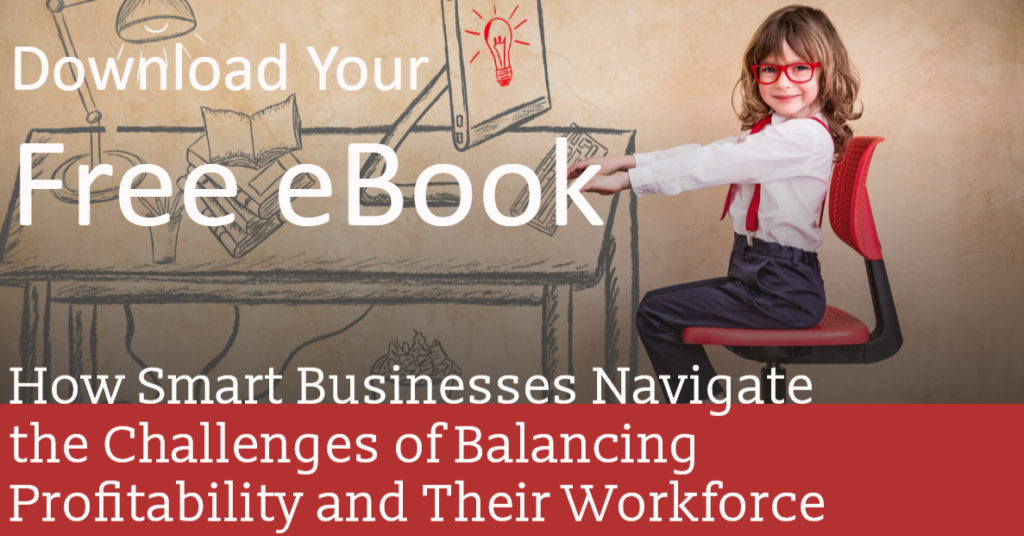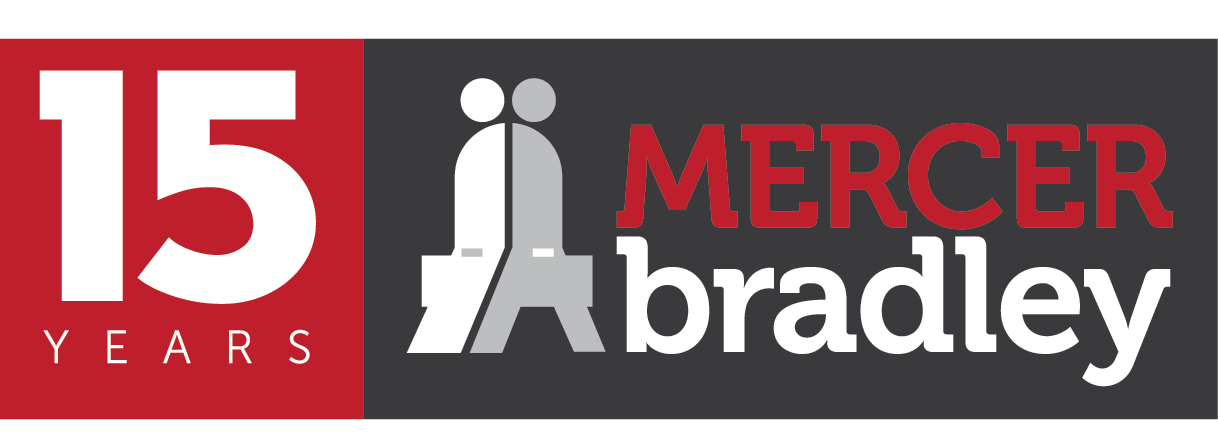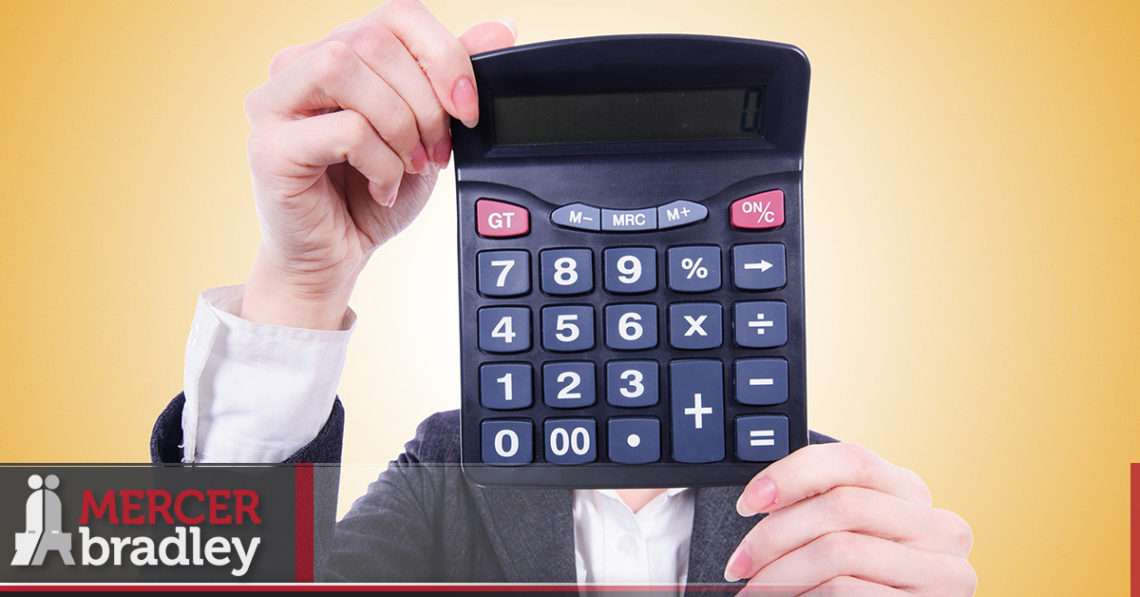Your company’s size determines the needs of its accounting department. The bigger your business, the more professionals needed to keep track of its finances. As your team grows, you may have a need for both a bookkeeper and controller to oversee the daily accounting functions and plan for your financial future. Although both roles are important to an organization, there are distinct differences between a bookkeeper and controller.
How does your business benefit from a bookkeeper and controller?
1. The Role of a Bookkeeper
A bookkeeper provides the foundation of an accounting department. Although they typically do not have an accounting degree, a bookkeeper should be proficient with accounting software and be able to prepare initial financial statements for accountants. They record financial transactions such as invoiced sales, bill payments, purchases, collections of accounts receivable, and payroll. A bookkeeper also calculates good and services tax (GST),), reconciles accounts, prepares reconciliation reports, and designs and establishes and reviews accounting systems. Plus, they store and retrieve records of the company’s financial transactions. In large companies, a bookkeeper may be called an accounting clerk and have a more specific role, working exclusively in accounts receivable, accounts payable, or other areas.
2. The Role of a Controller
The controller oversees a company’s audit, budget, and accounting departments. Their primary responsibility is producing and presenting timely reports for management to create economic predictions and make decisions. A controller also explains to management what items on the financial statements mean and offers advice based on the reports. They create policies for the company, control the flow of money within the business, and manage the books. Plus, a controller keeps the business compliant with taxes and other financial matters. A controller typically has a degree in finance, economics or business, is licensed as a Chartered Professional Accountant (CPA), and has five or more years of experience as an accountant.
3. How a Bookkeeper and Controller Differ
Although a bookkeeper and controller may work together, their roles have clear distinctions. For instance, whereas a bookkeeper oversees the accounting department, a controller oversees the audit and budget departments as well. Also, a bookkeeper is more focused on fulfilling a company’s immediate financial needs, such as recording, storing, and retrieving financial transactions. In contrast, a controller is more focused on fulfilling a company’s long-term financial needs, such as creating and explaining financial statements to help management with strategic planning.
Find a Bookkeeper or Controller Through Mercer Bradley
When you are in the market for a bookkeeper or controller in Canada, contact Mercer Bradley. As a leading recruitment agency in Winnipeg, we have candidates to fill all of your accounting staffing needs.





Leave a Reply